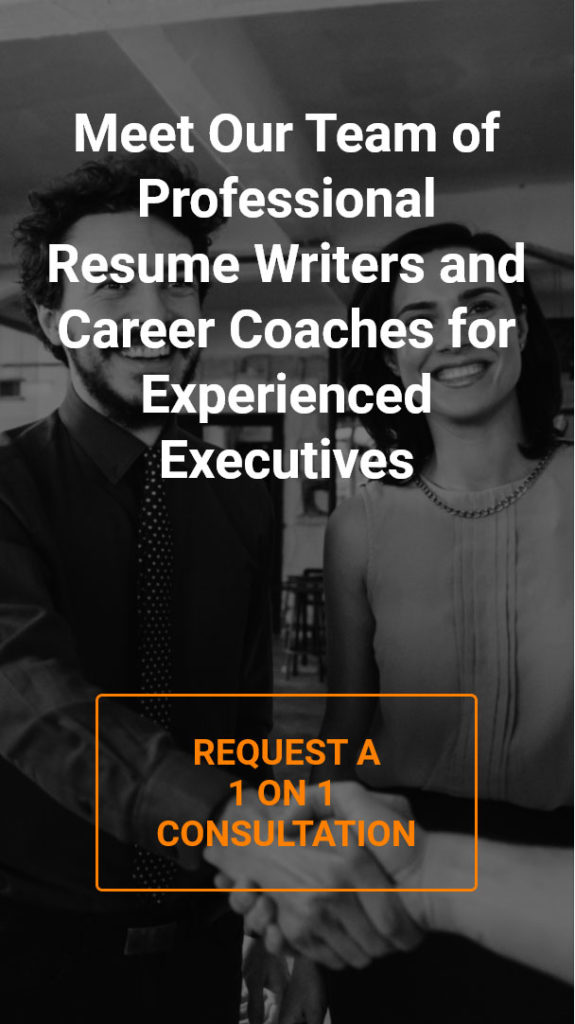In an era of increasing social awareness, it might come as a surprise that age discrimination, also known as ageism, is still alive and well. According to the American Association of Retired Persons (AARP), 62% of adults age 50+ feel that older workers face discrimination in the workplace based on age, and approximately 93% believe that is more common in the modern workplace than in the past.
Despite these concerns, there are some strategies that an older job seeker can rely on to minimize the likelihood of ageism and demonstrate to a potential employer that they are a top-performing, highly skilled, and valuable A-player.
Continuing Education
In a continually evolving and modernizing workforce, it’s critically important to maintain a relevant and marketable skill set regardless of age. Thankfully, there are many resources available to support professional development, including online certification and licensing programs, webinars, and tutorials from a variety of professional organizations. Some popular online education platforms include LinkedIn Learning, edX.org, Coursera, Udemy, Skillshare, and GetSetUp.io, which is dedicated to individuals over age 50. In-person resources include classes provided at community colleges or local libraries.
Enhancing Your Workplace Reputation
When pursuing professional development courses, look for opportunities to improve hard skills (industry-specific, higher-level skills such as finance or business development) and soft skills (general skills reflecting empathy and emotional intelligence, such as communication and customer service). Having finely honed soft skills can increase your chances of being noticed in the workplace as a strong and influential communicator. This is becoming increasingly important as the workforce becomes more automated. In 2017, Deloitte projected that soft-skill-intensive occupations will account for two-thirds of jobs by 2030.
In addition to professional training, some additional recommendations to strengthen your skills and reputation include:
• Email effectively. Always include a subject heading and greeting, be succinct, proofread content, and choose a font size that is not too large or small.
• Listen and connect. Try to maintain contact with your colleagues whether working remotely or in person and take advantage of social situations and networking opportunities as they arise.
• Endorse. Leverage LinkedIn’s Skills & Endorsements section to support your colleagues’ expertise. In return, they can do the same for you by endorsing your strengths. This can help you to build your personal brand.
• Speak up. Make sure you are voicing professional opinions and strategic recommendations that can enhance and streamline operations.
• Volunteer. Contributing your time allows you to demonstrate your talents while potentially acquiring new skills and cultivating stronger connections with your peers.
Remember, it’s never too late to expand your professional skill set or cultivate soft skills that will enhance your reputation in the workplace.
For more information, please see our extensive guide How to Overcome Ageism in the Workplace.


